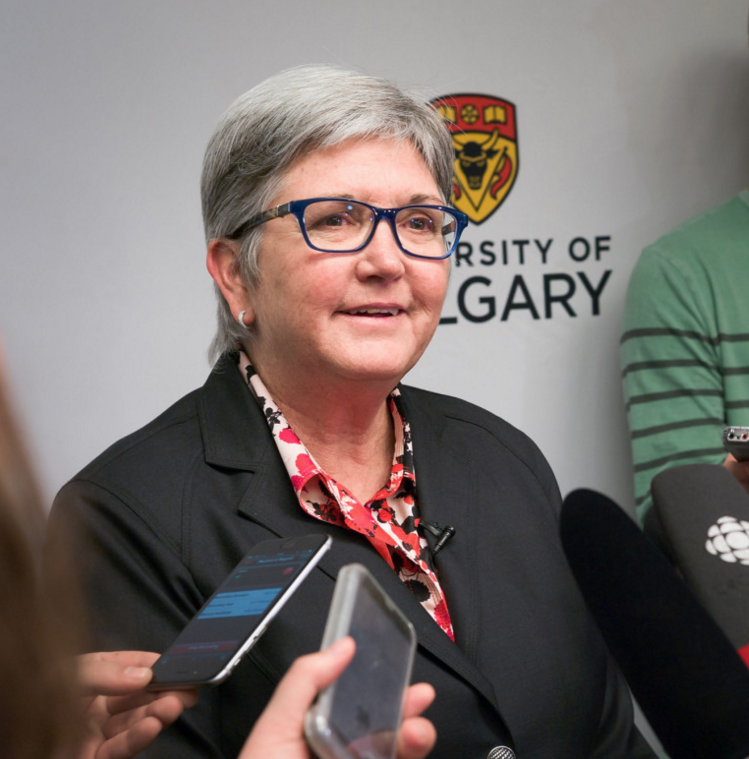
Investigators look into academic integrity on campus
By Fabian Mayer, April 25 2016 —
Investigators were on the University of Calgary campus last week to look into whether academic freedom was compromised by the university’s relationship with Enbridge.
The Canadian Association of University Teachers is in the fact-finding phase of its investigation. Potential issues surrounding academic freedom at the U of C were raised in the fall of 2015 when a CBC investigation found several academics were concerned with Enbridge’s influence in setting up a research centre within the Haskayne School of Business.
CAUT executive director David Robinson said the committee doing the investigation was in Calgary last week. He said that while the committee can’t compel anyone to speak on the issue, it does offer faculty the chance to discuss the issue with investigators.
“There were a number of individuals who came forward and wanted to be interviewed to provide evidence,” Robinson said.
University provost Dru Marshall sent an e-mail to all faculty members informing them of the investigation. The e-mail said that CAUT is not bound by the confidentiality and privacy rules of the university. Robinson viewed this as an attempt to intimidate faculty.
“It was a pretty crass attempt to dissuade people from coming forward and giving information,” Robinson said. “If someone comes forward and says ‘I’ll speak to you but I want to remain anonymous,’ the committee will respect that.”
Marshall disagrees. She claimed she was trying to provide faculty with some context for the case.
“As I said repeatedly, the e-mail was informational,” Marshall said. “I thought that it was really important that faculty members were aware that this was happening.”
The e-mail also included the results of an independent investigation conducted in the fall semester that cleared both the university and president Elizabeth Cannon of any wrongdoing regarding relations with Enbridge.
According to Robinson, the CAUT investigation’s scope is broader than the one conducted last year. He thinks the university should welcome public scrutiny.
“What should be confidential and private may be some very narrow things, but for the most part these institutions should be open to public scrutiny,” Robinson said.
Marshall said she was surprised by CAUT’s strong reaction to the e-mail and spoke with some faculty members about what they thought.
“All of the ones I talked to thought that it was informational in tone,” Marshall said.
Robinson expects the results of the investigation to come out this summer.
